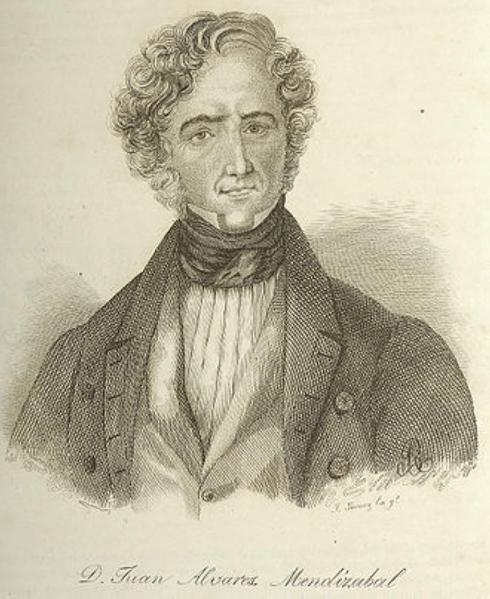
Secciones
Servicios
Destacamos
Secciones
Servicios
Destacamos
Tony Bryant
Friday, 19 February 2021, 12:23
A decree instigated by Spanish economist and politician Juan Álvarez Mendizábal, which resulted in the expropriation of Spanish monastic properties, came into force on 19 February 1836.
Known as the Ecclesiastical Confiscation (La Desamortización), the legislation had major consequences for the economic and social history of Spain. The division of land was entrusted to municipal committees, who took advantage of their power to create large lots that were affordable only for the wealthy. The authorities used public auctions to sell the properties which were subsequently snapped up by the bourgeoisie and noble families seeking to increase their holdings.
The average farmers were not financially equipped to enter competitive bids, which prevented the development of a true middle class.
The Spanish government's seizure and sale of property began in the late 18th century and continued until the early 20th century. The aims of the legislation were varied, although the most accepted reason is that the impulses were fostered by anticlerical factions, who at the time were engaged in the Carlist War.
The confiscations led to the vacating of most of the ancient monasteries and convents in Spain, which had been occupied by the various convent orders for centuries.
The government, who saw the confiscations as an excellent source of income, believed that much of the land and the properties were underused by the monastic orders, and so refused to compensate the church. As a result of this, the church decided to excommunicate the auctioneers and the buyers, which resulted in many people choosing to acquire the land through intermediaries.
Mendizábal gained his training in military administration, where he was employed as military supplier to King Ferdinand VII. He was appointed Minister of the Treasury in June 1835. Two months later, he became prime minister of Spain, although this was a position he would hold for just 233 days.
His political agenda focused on the confiscations, the end of the Carlist War and the elimination of a huge public debt.
Mendizábal, who was supported by the new owners of the confiscated properties, resigned in May 1836 after his failure to bring the Carlist War to a conclusion. He spent several years in exile, before returning to Madrid, where died in 1853.
Publicidad
Publicidad
Publicidad
Publicidad
Esta funcionalidad es exclusiva para registrados.
Reporta un error en esta noticia


Debido a un error no hemos podido dar de alta tu suscripción.
Por favor, ponte en contacto con Atención al Cliente.

¡Bienvenido a SURINENGLISH!

Tu suscripción con Google se ha realizado correctamente, pero ya tenías otra suscripción activa en SURINENGLISH.
Déjanos tus datos y nos pondremos en contacto contigo para analizar tu caso

¡Tu suscripción con Google se ha realizado correctamente!
La compra se ha asociado al siguiente email
Comentar es una ventaja exclusiva para registrados
¿Ya eres registrado?
Inicia sesiónNecesitas ser suscriptor para poder votar.